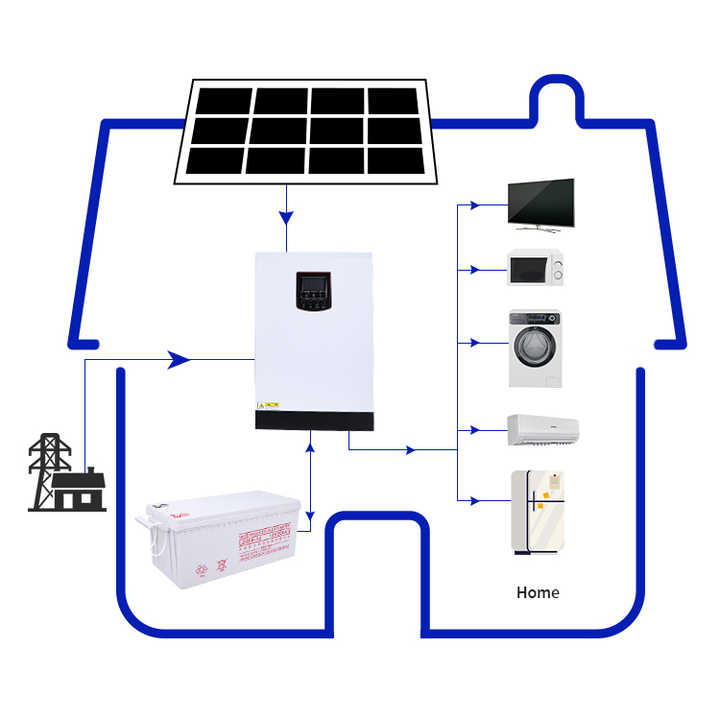
In today’s world, energy efficiency is more crucial than ever. Households are increasingly looking for ways to minimize their energy consumption, not only to reduce bills but also to contribute to a sustainable future. Implementing effective energy optimization strategies can significantly lower the carbon footprint while enhancing the comfort of your living space. This article will provide practical suggestions for optimizing energy use in the home.
The first step in optimizing home energy use is to conduct an energy audit. This process helps homeowners identify where energy is being wasted. An energy audit can typically be performed by a professional or even as a DIY project. Look for drafts around windows and doors, inspect insulation levels, and evaluate appliance efficiency. By pinpointing areas that require improvement, you can take targeted action to enhance your home's energy performance.
Investing in energy-efficient appliances is one of the most impactful ways to reduce energy consumption. Appliances with an ENERGY STAR rating are designed to use less energy and water than their conventional counterparts. When it comes time to replace old appliances, consider energy-efficient models for refrigerators, washing machines, and dishwashers. Although the upfront cost may be higher, the long-term savings on energy bills will make it worthwhile.
Heating and cooling account for a significant portion of energy use in the average home. To optimize these systems, consider investing in a programmable thermostat that allows for customized temperature settings throughout the day. Additionally, regular maintenance on HVAC systems is crucial for efficiency. This includes changing air filters, sealing ductwork, and ensuring that your system is functioning optimally. Use fans strategically to circulate air, which can reduce the need for heating and cooling.
Proper insulation is essential for maintaining a comfortable temperature within your home while minimizing energy loss. Inspect areas such as the attic, basement, and walls to ensure they are adequately insulated. Adding insulation where needed can significantly reduce reliance on heating and cooling systems. Don’t forget to seal any gaps or cracks around windows and doors with weather stripping or caulk, which further helps prevent drafts and improves your home's overall energy efficiency.
Smart home technology can streamline energy use and improve efficiency. Smart thermostats, smart plugs, and energy management systems allow homeowners to monitor and control their energy consumption remotely. For instance, you can program lights to turn off when not in use or remotely adjust the thermostat if you’re away from home. Integrating smart technology can lead to smarter decisions about energy consumption and greater flexibility in managing your home.
Incorporating renewable energy sources, such as solar panels, can greatly reduce energy bills and reliance on non-renewable resources. Solar panels harness sunlight to generate electricity, which can be used for heating, cooling, and powering appliances. Although the initial investment can be considerable, many homeowners find that government incentives and long-term savings on energy bills make solar energy a viable option. Consider consulting with a professional to assess the feasibility of solar energy for your home.
Finally, optimizing energy use is not just about making physical alterations or investments; it also involves adjusting daily habits. Simple changes, like turning off lights when leaving a room, unplugging devices that are not in use, and utilizing natural light during the day can make a difference. Additionally, consider using energy-efficient lighting, such as LED bulbs, which use far less electricity than traditional incandescent bulbs. Small habits compounded over time lead to substantial energy savings.
Optimizing energy use at home is both an environmental imperative and a financial opportunity. By conducting energy audits, upgrading appliances, enhancing insulation, utilizing smart technology, and making daily adjustments, homeowners can dramatically reduce energy consumption. The journey to a more energy-efficient home not only contributes to a sustainable future but also fosters a comfortable and economically sound living environment.
Next:Understanding Home Energy Management Systems Features and Benefits
Previous:Possible Conditions for Home Energy Management Systems